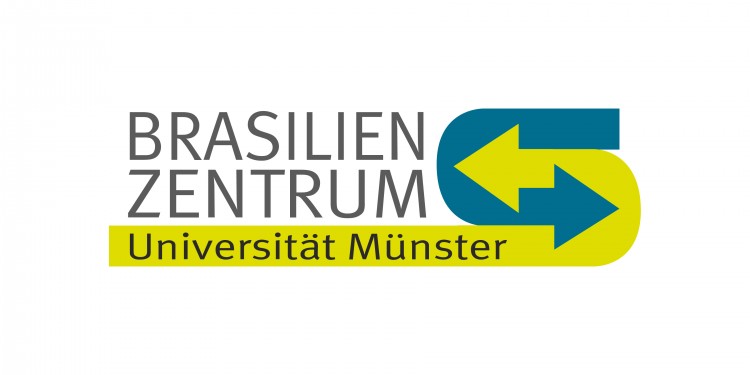
Brazil Centre celebrates tenth anniversary
For more than 50 years now the University of Münster has been collaborating with universities in Brazil, 9,000 kilometres away, and it has long since developed into a university with especially wide-ranging, intensive contacts with the country. Over time, a strategic partnership grew up which, exactly ten years ago, in June 2010, gave rise to the Brazil centre. “It was time to bring together all our Brazil-related activities in the fields of research, teaching, studies and transfer and to professionalize our consultancy and support work,” says Research Coordinator Prof. Bernd Hellingrath, looking back at the establishment of the Centre.
The central tasks which the Brazil Centre has include providing a reception, as well as advisory services, for academics and students – both from Münster University and from Brazilian institutions – and coordinating and providing support for delegations of Brazilian academics, as well as for individual visits. Since 2012, the University of Münster has maintained a Liaison Office in São Paulo for the purpose of extending contacts locally. “For Brazilians, personal contact is very important for building trust,” says Anja Grecko Lorenz, a Brazilian by birth, who headed the Liaison Office for a long time and, for the past two years, has been the General Manager of the Brazil Centre in Münster.
One highlight of the past ten years was the establishment of the Brazil Chair in 2012. “A series of excellent researchers from Brazil have come to us as visiting professors. This often leads to lasting collaborations from which the quality of our research greatly benefits, and which enable new research projects to be started,” explains Hellingrath, who particularly values the hospitality and warmth showed by Brazilian people.
With the help of the Brazil Centre, special research networks have been set up between Münster University and the University of São Paulo (USP), for example in the field of natural product chemistry, in which scientists are carrying out research on new natural products to combat so-called neglected diseases. There are further collaborations in the interdisciplinary field of “Cities and Climate”, which is coordinated by the Faculty of Law and for which the Brazil Centre provides the administrative management. In connection with “Cities and Climate”, researchers from both universities meet in numerous workshops for intensive discussions, working together on a large number of research topics. Many other departments and institutes at the University of Münster work closely together with their Brazilian colleagues, including business information specialists, landscape ecologists and musicians from the Conservatory.
Despite the tense political situation under the leadership of President Jair Bolsonaro, the Brazil Centre is holding fast to the collaboration. “Of course the financial cutbacks in the academic sector, which began in 2014 as a result of the economic recession in Brazil, are a problem. But the resistance put up by a united front representing academic interests was able to prevent even worse things happening,” says Anja Grecko Lorenz, who experienced some of the protests locally in Brazil. The current corona pandemic presents additional obstacles to cooperation, and mutual visits have been suspended for the time being – so that here too, as everywhere across Münster University, people are resorting to digital means of communication.
In the coming months, Bernd Hellingrath and his team will be undertaking an evaluation of the work so far. “Our aim is to redefine the orientation of the Brazil Centre,” he says. “One of the things this will include will be an extension of our collaborations to other countries in South America. There are already a number of contacts with Argentina, for example.” In addition, he and his team are working on a framework agreement with USP which would enable all departments at Münster University to offer double doctorates. “That has a lot of advantages for junior researchers. They acquire very good foreign language skills and gain wide-ranging insights into the differing research and living environments in Brazil and Germany,” he adds.
The anniversary celebrations have been postponed until 2021 due to the corona pandemic.
This article was first published in the University newspaper wissen|leben No. 4, 17 June 2020.
